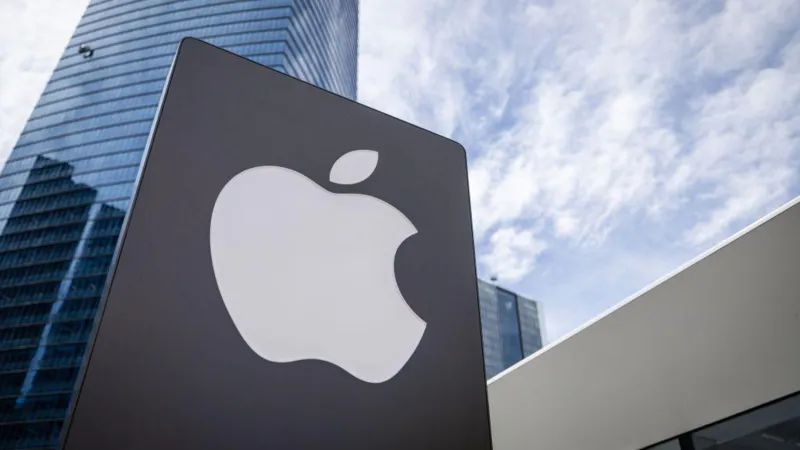UK Court Says Apple’s Encryption Fight Must Be Made Public – A Win for Privacy Rights and Open Justice
A UK judge has ruled that the legal fight between Apple and the British government over phone and cloud data privacy must not be kept secret.
This critical decision supports the public’s right to know what’s happening, especially concerning the privacy of millions. The BBC, along with civil rights groups, had pushed for the case to be made public, and the court agreed.
What’s the Case About?
The UK Home Office (the government department for security and policing) wants Apple to allow them access to users’ personal data, especially information protected by Apple’s Advanced Data Protection (ADP) system. Apple uses strong encryption, called end-to-end encryption (E2EE), to make sure only the user—not even Apple—can access certain files stored in iCloud.
The government says it needs this access to investigate serious crimes like terrorism and child abuse, using powers under the Investigatory Powers Act. But Apple says building a “backdoor” into its systems would weaken security for everyone—and hackers could use it too.
Because of this disagreement, Apple removed the ADP service from UK users earlier this year and started legal action. The UK government wanted to keep the case secret, saying it would protect national security. But the court said this level of secrecy wasn’t fair or needed.
Why It Matters
According to the BBC, the judge said it would be “extraordinary” to keep everything secret, especially since media had already reported on it. The court also said that the public has the right to know the basic facts, and keeping this hidden is not in the public interest.
This ruling is a big win for digital rights. Groups like the Open Rights Group, Big Brother Watch, and Index on Censorship, who fought to keep the case public, celebrated the decision. Jim Killock from the Open Rights Group said this isn’t just about the UK and Apple—it could affect people’s data privacy worldwide.
Rebecca Vincent from Big Brother Watch added, “The Home Office trying to force Apple to weaken encryption is a huge threat to our privacy, and we must know what’s going on—it should never be hidden.”
What Apple Says
Apple didn’t comment on the new ruling but had earlier told the BBC that it will never create backdoors in its systems. The company said, “We want to give users the highest level of security. We’ve never built a master key to our products—and we never will.”
What is ADP and Why Is It So Important?
ADP (Advanced Data Protection) is an optional feature Apple gives users to lock their iCloud data like notes, photos, and messages with stronger encryption. This type of security is also used by apps like WhatsApp and Signal. Only the user can unlock the data—not even Apple has the key.
That’s great for privacy—but it makes law enforcement’s job harder, since even with a court order, Apple can’t unlock the data.
Bottom Line
This case shows how governments want more control over data, but companies like Apple are pushing back to protect privacy. The UK court’s decision sends a clear message: public interest and privacy rights matter, and these debates should not be hidden.
As the BBC rightly highlights, this ruling is a victory for transparency, and it will shape how tech companies and governments deal with data privacy across the world.
Credit: BBC

